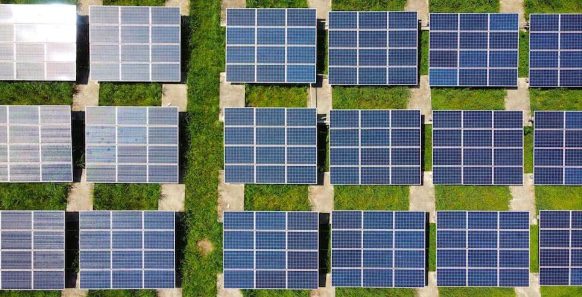
UK green energy bill blocks slave labor-linked solar panels in new amendment
Britain amends its Great British Energy Bill to ensure the new state-owned energy company, GB Energy, cannot use solar panels linked to forced labor. The decision comes after mounting pressure from MPs, campaigners, and international observers urging the government to ensure its renewable energy transition does not rely on exploitation.
Forced labor in solar supply chains
The Uyghur Region in China is a major hub for solar panel production. The region supplies as much as half the world’s polysilicon, a key material in photovoltaic technology. However, extensive evidence reveals that the systemic forced labor and repression of Uyghur and other Turkic Muslim populations have underpinned this growth.
Campaigners persistently call on the government to ensure clean energy isn’t built on human rights abuses, as China supplies over 40% of the UK’s solar panel imports.
Government under pressure to act
Last month, an amendment to block GB Energy from sourcing products linked to modern slavery was denied. However, after a backlash and the threat of a rebellion, Energy Secretary Ed Miliband introduced a new version of the amendment.
The BBC reports,
“No industry in the UK should rely on forced labour, and through Great British Energy we have a clear plan to build the supply chains needed to support a new era of clean homegrown power,” said a Department for Energy Security and Net Zero spokesperson. “We are working across government to tackle the issue of forced labour in solar supply chains.”
International Energy Agency head Fatih Birol praised the UK’s reversal as a sign of responsible leadership. They state that materials for green technology “should really be produced in a socially and environmentally acceptable way.”
